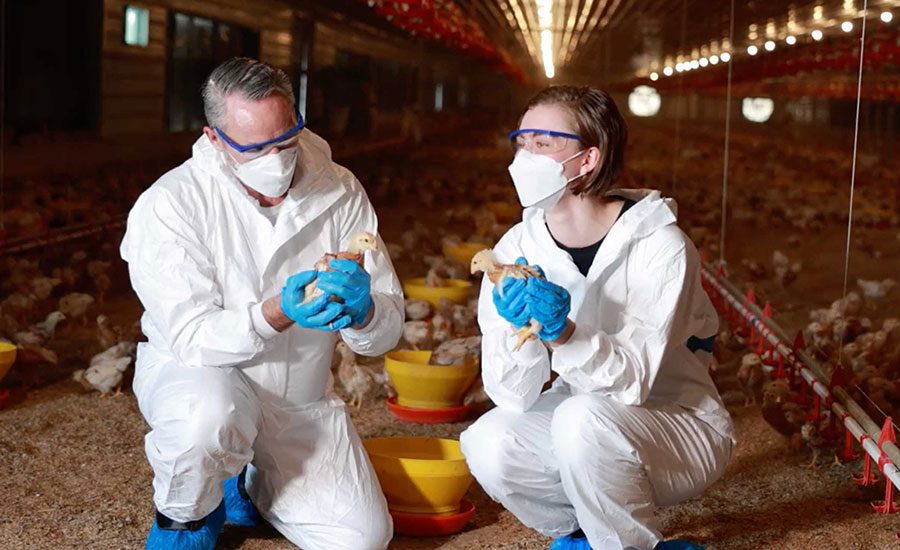The U.S. Food and Drug Administration (FDA) has embarked upon two major sampling assignments that revolve around testing certain produce items for microbial contaminants. Those foods are: fresh cilantro, parsley and basil, as well as processed avocado and guacamole. By conducting this testing, FDA is hoping to pinpoint just how common contamination occurs, and narrow down any common denominators if any positive microbial samples should arise.
FDA plans to collect 1,600 samples per produce assignment. Below is a snippet of what’s been accomplished thus far.
Fresh Herbs-cilantro, basil and parsley (based on samples collected since January 1)
- 35 domestic samples - none tested positive for microbial contamination
- 104 imported samples - 4 positive Salmonella samples; 3 positive Shiga toxin-producing E. coli samples
Reason for sampling fresh herbs: Because they are typically eaten without having undergone a “kill step” (ie. cooking) to reduce or eliminate bacteria. Also, these herbs are often eaten as part of multi-ingredient foods, and thus people may not report having eaten them when they become ill.
Processed Avocado/Guacamole (based on samples collected since January 1)
- 58 domestic samples - 3 tested positive for Listeria monocytogenes
- 49 imported samples - 1 tested positive for Listeria monocytogenes
Reason for sampling processed avocados: Because avocados have a high moisture content and a non-acidic pH level, conditions that can support the growth of harmful bacteria. Processed avocado products, including avocado that is fresh cut, refrigerated and frozen, may be packaged and eaten without having undergone a “kill step” (ie. cooking) prior to consumption.
FDA Note: No conclusions about overall contamination rates can be made until all of the data are collected, validated and analyzed.
If samples are found to be positive for microbial hazards, the FDA will pursue an appropriate regulatory and enforcement option, which may include encouraging a voluntary recall, ordering a mandatory recall, ordering administrative detention to prevent food from being distributed, issuing public warnings to alert consumers to the potential danger, or, in the case of imported products, refusing their entry into the United States and subjecting future shipments to an import alert. In the case of the positive samples identified in the first quarter of data collection, imported products capable of causing disease were prevented from entry into the United States and domestic products were voluntarily recalled.
FDA’s microbial testing assignments are expected to last for 18 months.
Sign up for Food Safety Magazine’s bi-weekly emails!
Subscribe to our podcast: Food Safety Matters!






